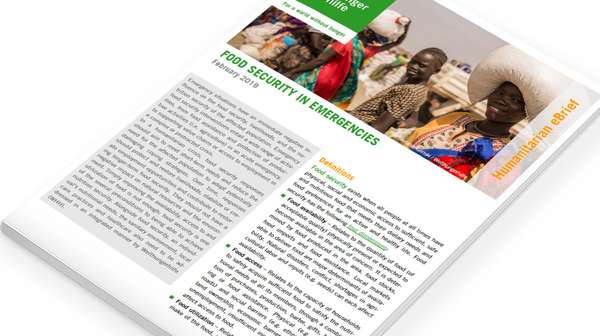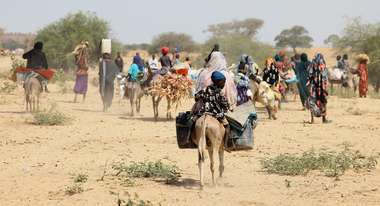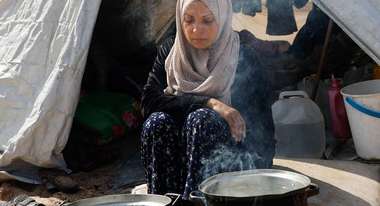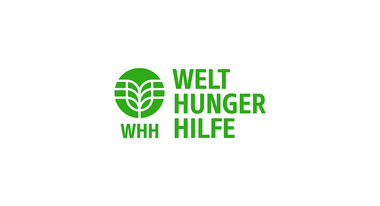This is how Welthungerhilfe works in various emergency situations
Providing help in the most difficult places
The complex work of Welthungerhilfe in fragile states
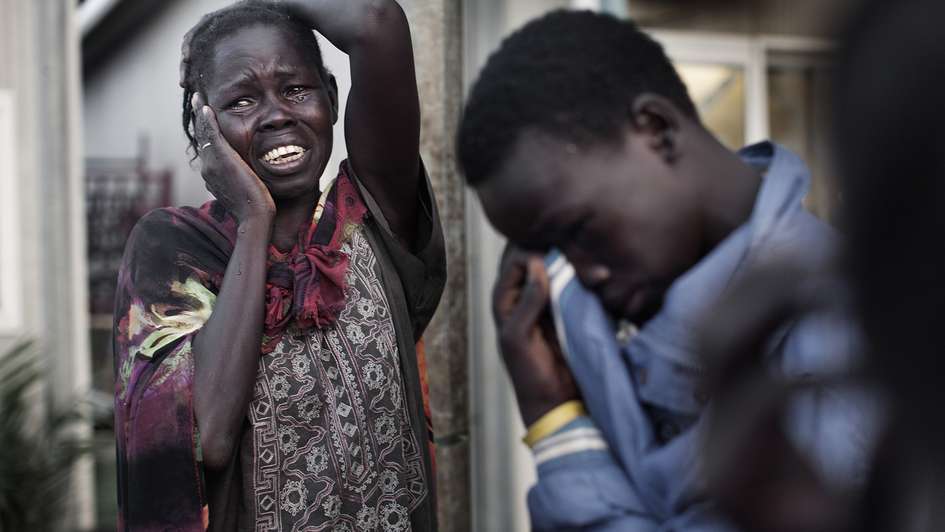
A lot of people go hungry in fragile states. Powerless governments, poor infrastructure, and civil wars cause or exacerbate hunger or increase its severity, as well as making Welthungerhilfe’s (WHH) work on the ground more difficult. However, these are precisely the areas where this work matters most.
WHH undertakes most of its activities in fragile states such as Afghanistan or Sudan – states that are unable or unwilling to care for their citizens. Roads, hospitals, and other facilities fall into disrepair, corruption flourishes, trade falters, and sometimes there is also violent conflict. These issues make it more difficult to provide support if droughts or floods threaten hunger, or if a food crisis arises spontaneously.
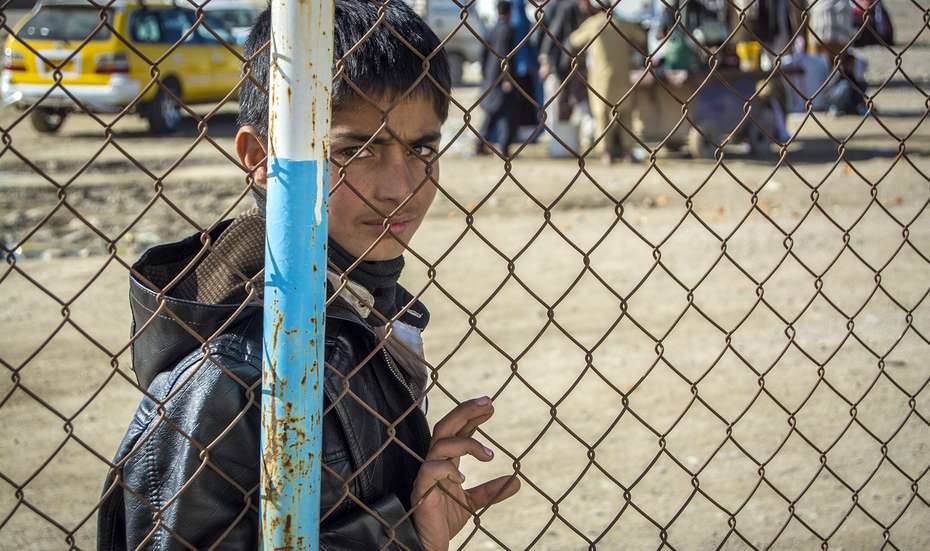
As a result, Welthungerhilfe faces difficult questions when delivering urgent projects in fragile states. How can it support people threatened by hunger quickly, efficiently, and safely under these circumstances? What effect will an aid project have on local economic cycles? Could its work possibly exacerbate conflicts, or support dictatorial regimes or violent rebels? These risks often mean that it is only possible to provide short-term temporary emergency assistance. However, fragile states in particular need long-term, sustainable measures to fight both acute hunger and the causes of hunger.
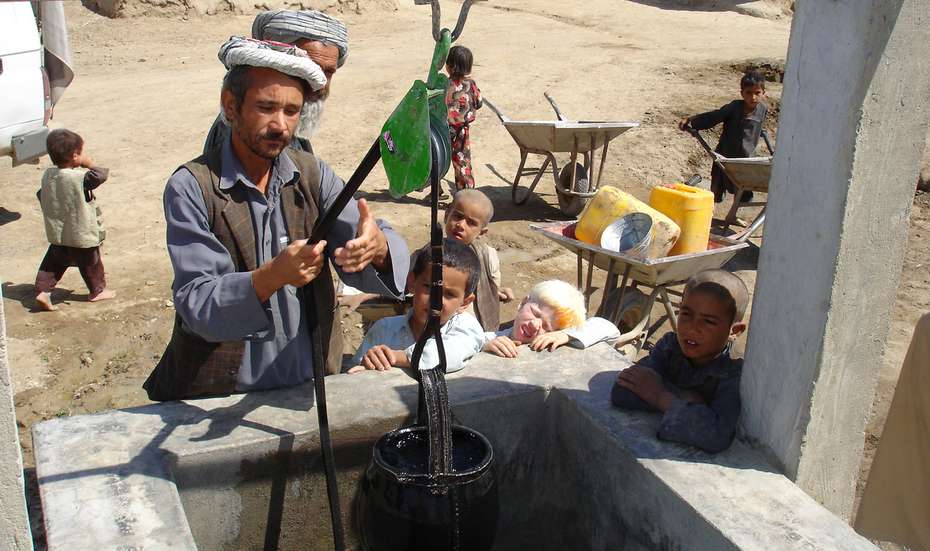
Although projects are complicated and often dangerous undertakings under these circumstances, non-governmental organizations are particularly well-suited to carry them out. They are independent, neutral, and often highly respected with proven networks. WHH takes on this responsibility, carefully analyzing the specific conditions facing each project in a fragile state, and deploying trained and experienced staff. It consults intended beneficiaries on-site about activities in the field while trying to both reduce dependency and support systems that break the poverty cycle.
WHH also promotes local approaches to assing people who have previously gone unheard to make their demands and campaign for their rights, under the strict proviso of non-violence. The 'National Solidarity Program' in Afghanistan is one such example: village communities work with guidance from civil-society organizations to independently determine the most important development projects, and then implement them with expert support. Outside support of this kind can reinforce the responsibility and significance of local actors.
WHH’s staff have to utilize a lot of specialist knowledge, empathy, creativity, and patience to make such collaborations work. If all goes well, such projects not only combat hunger and its immediate causes but also help to build functioning structures in fragile states.





